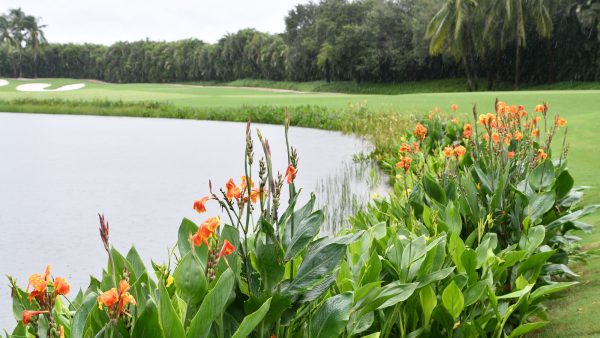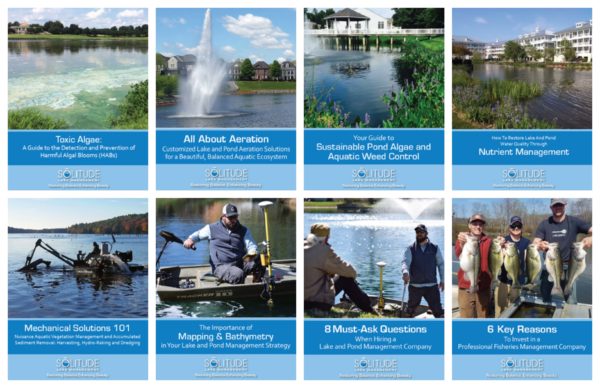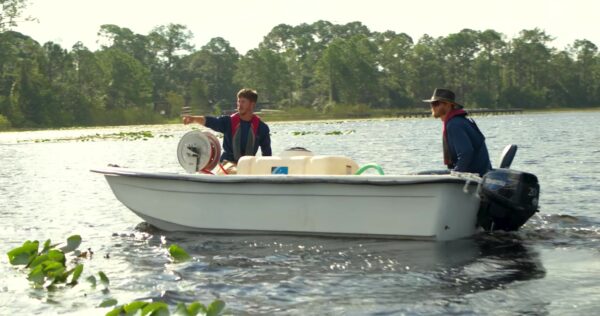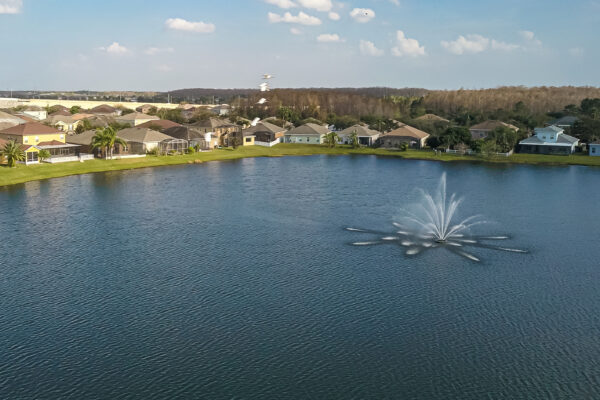
How Does Road Salt Affect the Environment?
Each winter season, municipalities stock up on salt to battle icy roads across the country. Every year during these harsh snow days, an estimated 22 million tons of de-icing salt is applied to major roads and highways throughout the U.S. As snow and ice melt, these road salts then enter our freshwater lakes, ponds and waterways through stormwater runoff. So, what are the environmental effects of road salt on our freshwater resources?
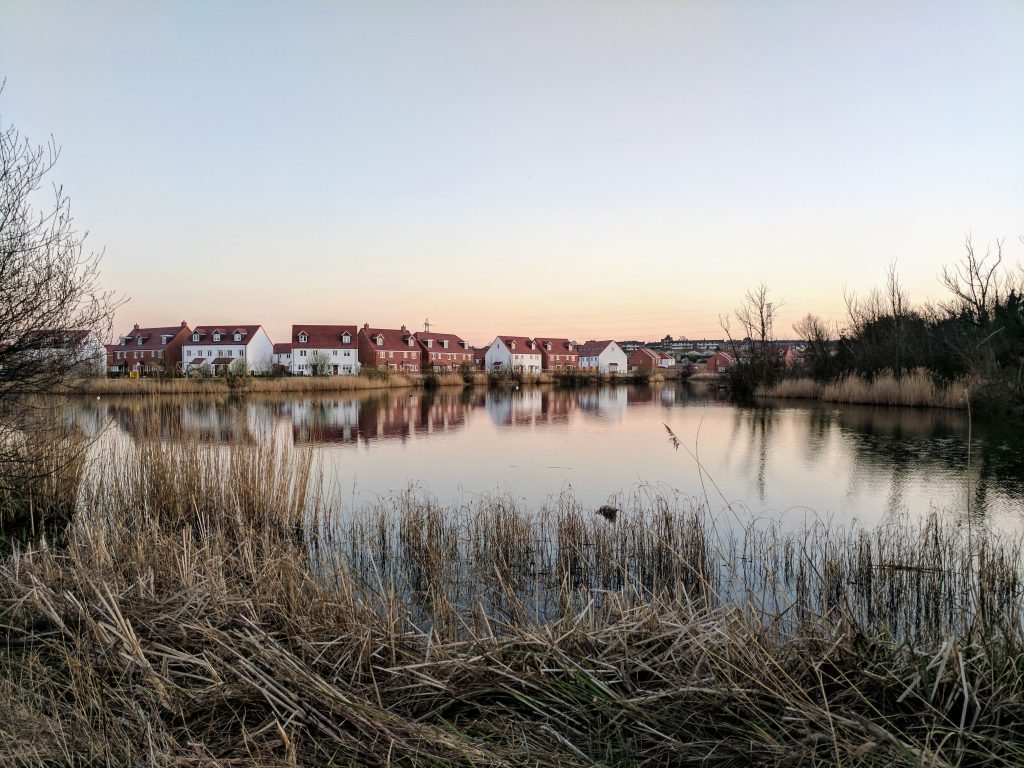
The Impact of Road Salts to Aquatic Life
According to developing studies conducted by the Cary Institute of Ecosystem Studies, scientists predict that within the next 50 years, our lakes and ponds are susceptible to becoming salinized due to the heavy applications of salt. We still have much to learn about the effects of road salt on plants and native freshwater organisms, but evidence suggests salt can alter bio-diversity, pond fish, and macroinvertebrates. In turn, non-native species that are more tolerant of higher salinity are more likely to thrive.
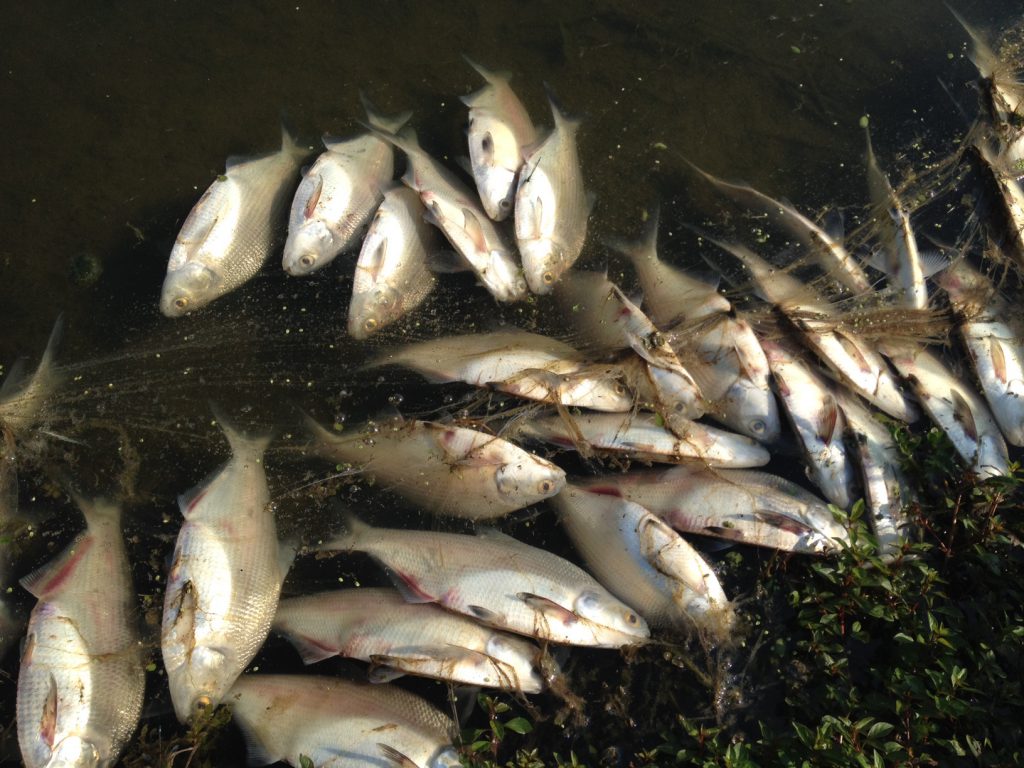
Salt Can Negatively Affect Water Chemistry
When salt enters our waterbodies, it can also have a negative effect on the natural mixing of the water column. In some cases, salinization can alter parameters such as temperature, sediment concentrations and dissolved oxygen levels, and prevent vertical mixing in the water column—a phenomenon called stratification. If persistent stratification occurs, this can increase the availability of undesirable nutrients to fuel nuisance aquatic weeds and algae. This, in turn, can deplete oxygen, causing insufficient habitat conditions for native aquatic life. Put simply, the occurrences of invasive species infestations, fish kills, and poor water quality may be greater when road salt enters freshwater resources.
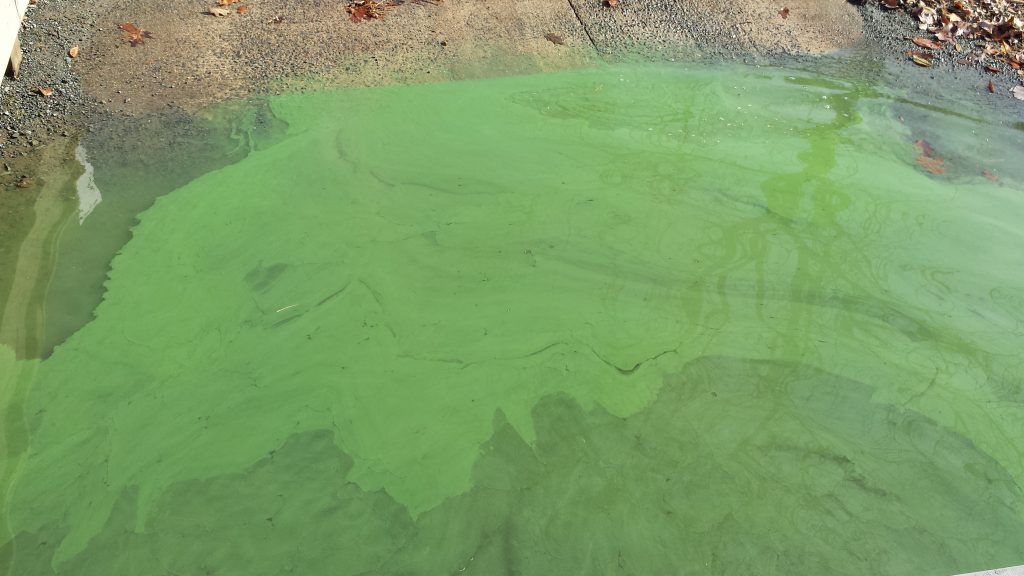
Road Salt's Connection to Water Quality
Microscopic animal-like organisms called zooplankton are an important component of a lake’s food web, since they serve as one of the major consumers of algae and are often a preferred food source for a variety of fish species. Water quality can be negatively impacted when zooplankton populations decrease and this can result in significant changes to the food web—including the development of toxic cyanobacteria blooms. Cyanobacteria, also known as blue-green algae or Harmful Algal Blooms can develop toxins that cause significant water quality problems and health-related issues for drinking water reservoirs and recreational waterbodies.
How to Reduce Potential Water Quality Issues from Road Salts
Though much is left to learn about the effects of road salt on beneficial zooplankton, new research led by Rensselaer Polytechnic Institute suggests that zooplankton are genetically evolving a higher tolerance to road salts. This evolution was recorded in as little as two and a half months after the zooplankton were exposed to a moderate amount of salt. This is a major development, as evolution can potentially help protect lakes and ponds from the negative impacts of salt and the corresponding changes in water chemistry.
Despite the promise of zooplankton tolerance to road salts, continuous monitoring of our aquatic resources is necessary to help identify and reduce potential negative conditions caused by the practice of salting roads. By actively sampling water quality in freshwater resources, biologists can track changes in water chemistry that might be detrimental to the biological communities in a lake or pond’s ecosystem. It’s important to establish baseline water chemistry parameters early in order to compare subsequent annual data to determine any changes over time.
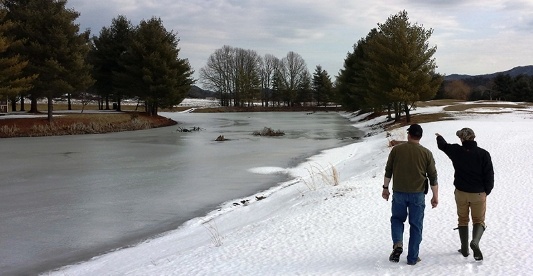
Maintain Balanced Water with Help From An Expert
Working directly with a lake management professional is crucial to fully understand how and when to use management tools that will keep your waterbody pristine all year long. Preventative maintenance strategies like the introduction of a beneficial vegetative buffer, aeration, biological augmentation and shoreline erosion control can help balance water quality conditions over time, while also reducing the negative impacts of phosphorous pollution and pond erosion. Contact your lake management professional to get started!
Contact Us to Protect Your Waterbody
Call us at 888-480-5253 or complete the form below to connect with an aquatic expert.
SOLitude Lake Management is a nationwide environmental firm committed to providing sustainable solutions that improve water quality, enhance beauty and preserve natural resources.
SOLitude’s team of aquatic scientists specializes in the development and execution of customized lake, stormwater pond, wetland and fisheries management programs. Services include water quality testing and restoration, algae and aquatic weed control, installation and maintenance of fountains and aeration systems, shoreline erosion control, muck and sediment removal and invasive species management. SOLitude partners with homeowners associations, golf courses, private landowners, businesses and municipalities. SOLitude Lake Management is part of Rentokil, a leading business services company, operating across the United States, Canada and Puerto Rico.
For more information, visit SOLitude Lake Management at solitudelakemanagement.com, and connect on Facebook, LinkedIn and Twitter.

